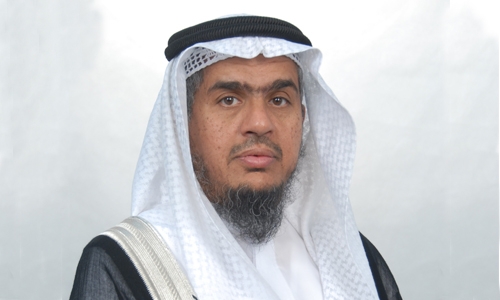CSB re-issues instructions on training scholarships, grants
Civil Service Bureau (CSB) President, Ahmed Al Zayed, issued Civil Service Instructions 5/2019 concerning training, grants and scholarships. He clarified that the instructions aim at re-issuing Civil Service rules through updating the training and development system for government employees according the controls specified in the executive regulations of the Civil Service Law. The instructions also aim at defining the responsibilities of government entities and CSB in applying them.
This is after modifying the provisions and setting the terms of reference in government agencies, in addition to updating the forms attached to these instructions and the training agreement to guarantee the principle of justice for all employees. Regarding the role of government entities, the President of CSB explained that government entities provide training and study opportunities for its employees in order to develop the skills, knowledge and work behaviours required by their jobs, and to train employees to carry out greater responsibilities according to actual training needs and their career paths.
With regard to responsibilities, the CSB President clarified that the government entities should implement the provisions of the Civil Service Law to form a committee called the “Training and Development Committee” which aims to develop and qualify employees through training and study programmes formed by specialised members in each government entity. The committee’s presidency shall be at the level of Deputy Assistant Secretary at least.
Mr Al Zayed pointed out that the most important duties of the Training and Development Committee are the adoption of the training plan, scholarships and grants for professional, administrative and specialised development according to priorities of the public interest in the government and its objectives in the short and long-term.
The committee will also be in charge of proposing general policies for training and career development, making recommendations on the training budget, as well as the results of the evaluation of the training programmes, studying the outcome of training, as well as the adoption, modification or cancellation of missions and academic studies.
Related Posts

